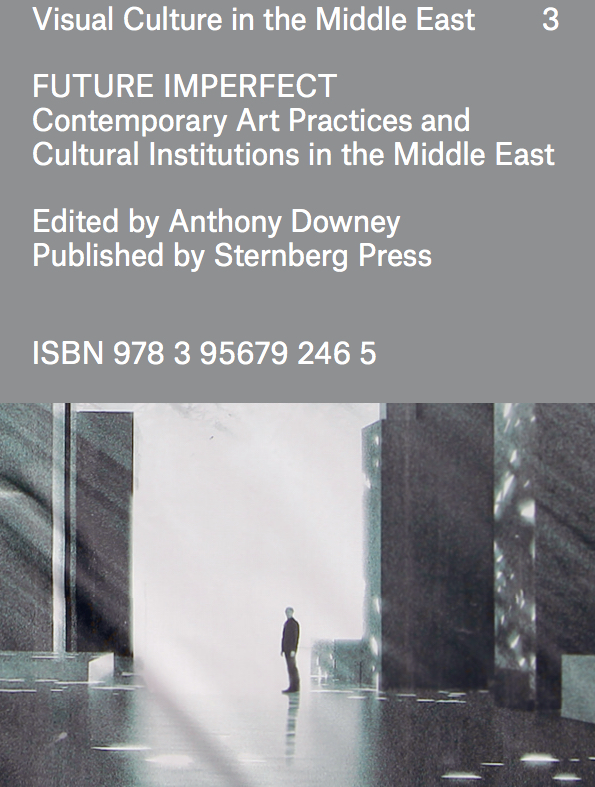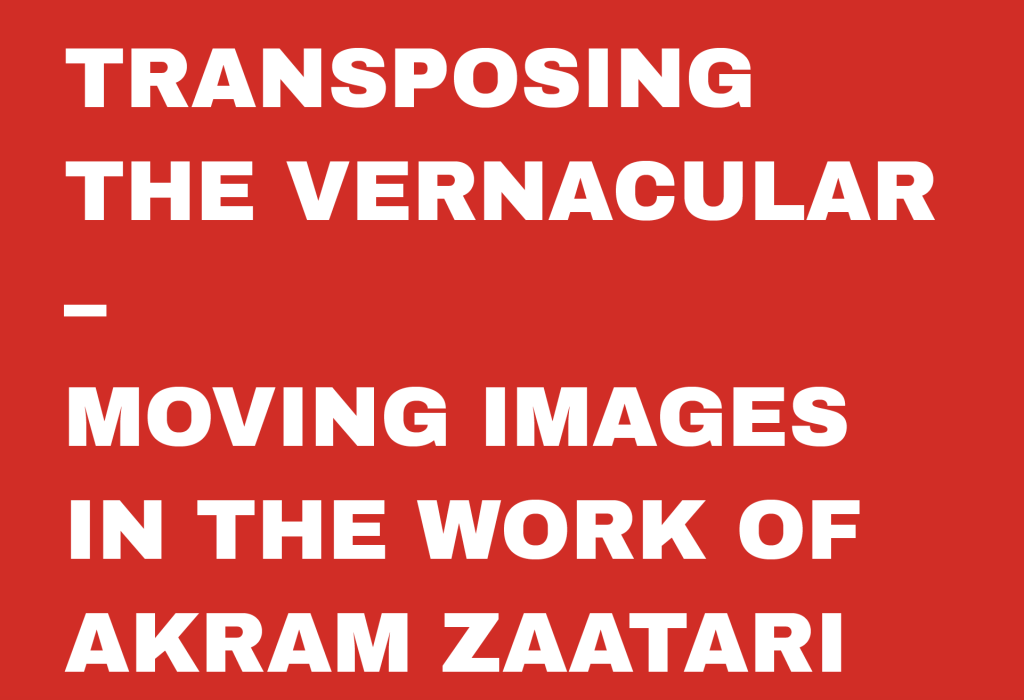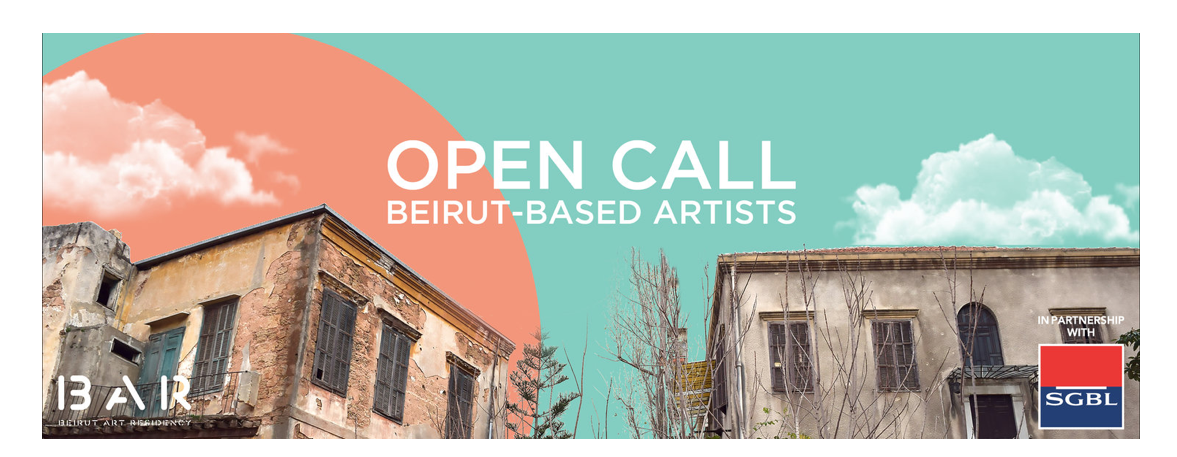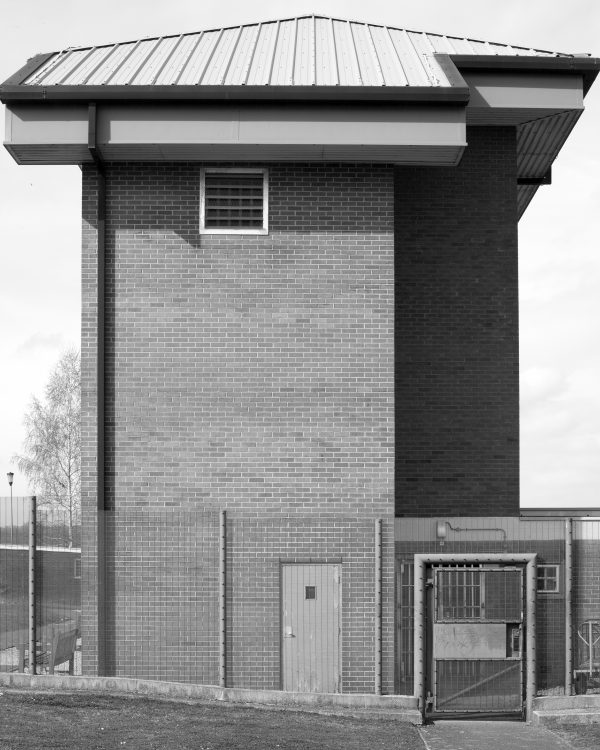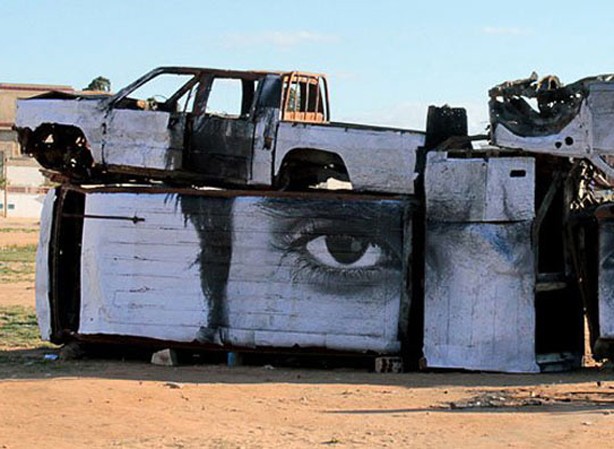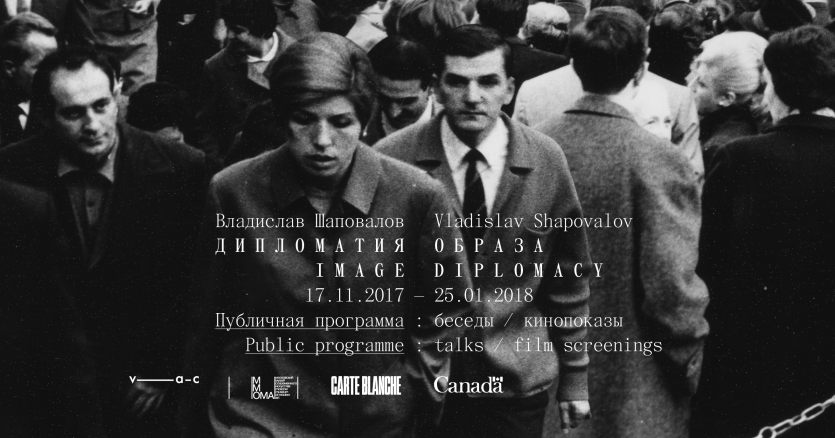Public Talk: Akram Zaatari in conversation with Anthony Downey, New Art Exchange, July 14, 2018
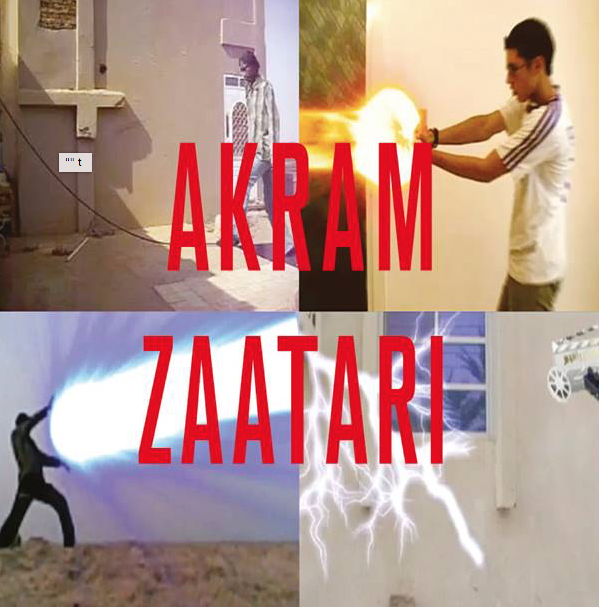
Akram Zaatari, Dance To The End of Love, 2011. (Film stills). © Akram Zaatari
Artist Akram Zaatari will be in conversation at the New Art Exchange, on the 14 July, 2018, with academic, editor, and writer Anthony Downey. Drawing from his research into vernacular photography, Zaatari explores the ways in which individuals experiment with performative narratives that start with studio photography and extend to YouTubing, with a strong focus on how Muslim communities are presenting online counter-narratives to negative depictions in the media.
For further information and to book tickets, see here.
